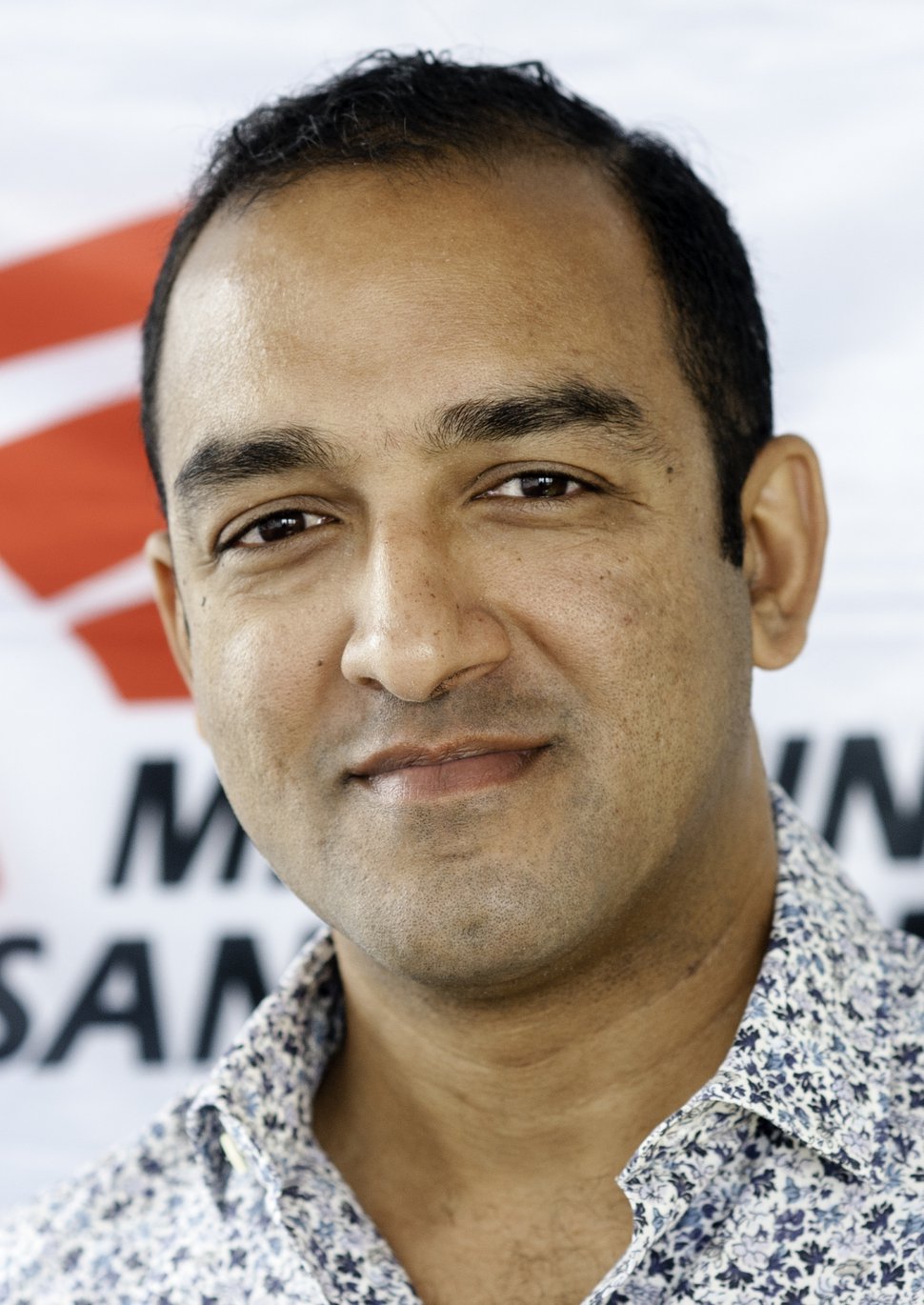MSF on GAVI’s ‘revisionist history’
In the article, Berkley says that at the time the AMC was formulated, the existing [PCV] vaccine did not contain all the strains most common in developing countries, and further claims that the AMC contributed to GSK’s and Pfizer’s development of 10-valent and 13-valent vaccines.
“Two new products came out that had the correct serotypes in them,” he says.
One of the stated goals of the AMC for PCV was to incentivise vaccine manufacturers, through a guaranteed financial subsidy, to develop new pneumococcal conjugate vaccines adapted for developing markets. In fact, by the time the AMC was created, both PCV vaccines were already well under development by the two companies, aimed at the lucrative markets of the developed world.
This fact is clearly stated in the report Gavi commissioned to evaluate the AMC, “AMC Process and Design Evaluation”, released in May 2013 , which states that:
“The TPP [Target Product Profile, published by Gavi as part of the AMC] did not have a significant role in guiding the product development of multinational manufacturers. Both GSK and Pfizer had set their product characteristics, including the specific serotypes, well in advance of the SAGE approval of the TPP in 2007. Records from the United States Food and Drug Administration’s clinical trials databases indicate that GSK had begun conducting Phase III trials for PCV10 in 2005, and Pfizer had begun Phase I/II trials for PCV13 in 2004. Both products also easily exceed the TPP’s other requirements.”
Therefore, the funding (USD 1.5 billion) provided by six donors - the governments of Canada, Italy, Norway, Russia and the UK, and the Bill & Melinda Gates Foundation - through the Gavi AMC has instead served as a subsidy to these two pharmaceutical companies for research and development that would have been completed regardless of whether the AMC subsidy was offered. To date, Pfizer and GSK have claimed more than USD 1 billion of the overall subsidy, which doubles the price paid to each manufacturer for the vaccine.
As highlighted in the article, the PCV price agreed by Gavi and its donors has locked the international organisation and governments into a potentially unsustainable budget scenario. Due to the high price of the vaccine, during the 2011-2015 period Gavi will have spent almost 50% of all of its resources on the pneumonia vaccine alone, which is just one of the many vaccines it needs to finance for developing countries. In January 2015, Gavi will ask for an additional USD 7.5 billion to support its programmes in 2016-2020; almost USD 3 billion of this is needed to continue financing purchases of the PCV vaccine at the current price.
It is worth noting that Pfizer’s PCV vaccine (Prevnar 13) last year alone grossed more than USD 4 billion in revenues, and has since 2009 made more than USD 16 billion in global sales. As research and development costs have already been well recuperated by the manufacturers, Gavi – a publicly-funded entity – should not continue to pay a price that is higher than the cost to manufacture the vaccine.
Another of the AMC’s original objectives was to make available “effective pneumococcal vaccines through scaling up of production capacity to meet developing country vaccine demand.” It is widely acknowledged that one of the AMC’s key accomplishments was to enable a rapid initial introduction and roll-out of the PCV vaccine in developing countries by jump-starting demand and production capacity.
However, several years on, we find ourselves with only two multinational pharmaceutical companies producing the PCV vaccine – and reaping billions of dollars a year for it – while Gavi-eligible countries experience supply shortages. Some countries already approved for introducing PCV into their immunisation schedules have been forced to delay the introduction until the vaccine is available.
An accurate reflection of the accomplishments and failures of the Gavi AMC for pneumococcal vaccines is critical for learning from this experience, particularly as largely public funding has been used in this experimental mechanism.
As Gavi advances towards its January 2015 replenishment and the USD 7.5 billion request to the world’s donor governments, we should not accept a revisionist history.
Manica Balasegaram,
Executive Director,
Access Campaign,
Médecins Sans Frontières (MSF)

